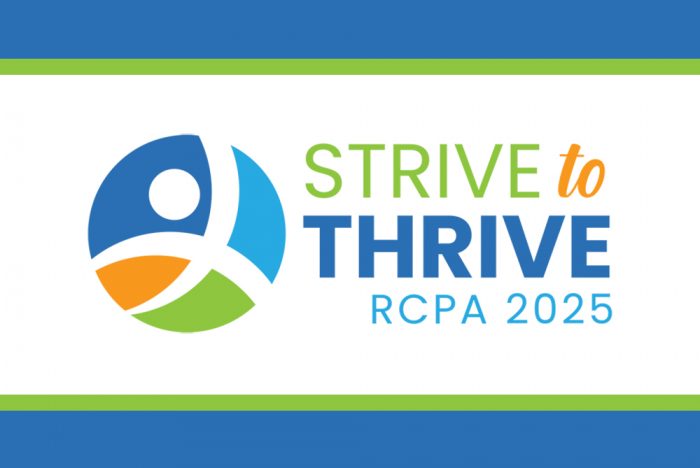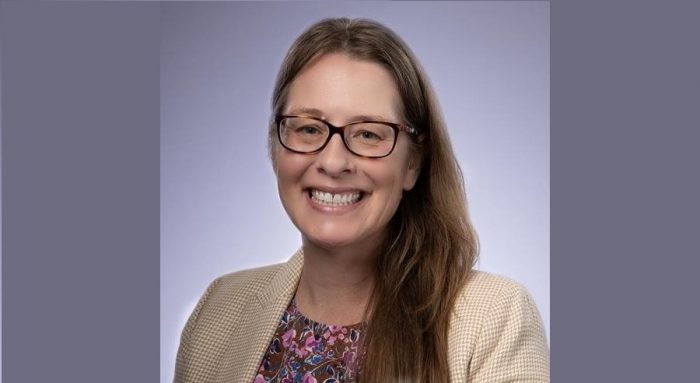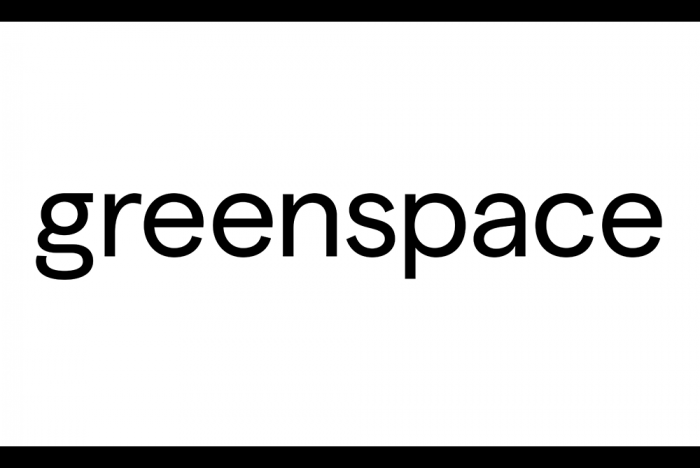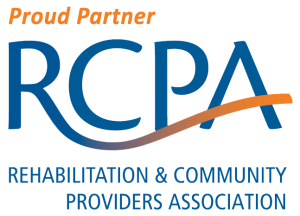Public Comment Sought on SUPTRS Block Grant Application

The Pennsylvania Department of Drug and Alcohol Programs (DDAP) is providing the opportunity for public comment on the Pennsylvania Substance Use Prevention, Treatment, and Recovery Services (SUPTRS) Block Grant application.
This application will occur in three parts:
- Substance Abuse Prevention and Treatment Assessment and Plan;
- SUPTRS Report (available in November); and
- Annual Synar Report (available in December).
The application documents can be accessed through SAMHSA’s Web Block Grant Application System (WebBGAS) using the login “citizenpa” and password “citizen.”
Comments must be submitted via email by Tuesday, September 30.
DDAP to Kick Off Recovery Month on Sept. 6; Other Events Planned Throughout September
September is National Recovery Month. The Substance Abuse and Mental Health Services Administration (SAMHSA) established National Recovery Month in 1989 to promote evidence-based treatment and recovery practices. It also celebrates the nation’s vibrant recovery community and honors all those who help make recovery possible. In addition, National Recovery Month plays a vital role in fostering understanding and driving positive change in the fields of addiction and mental health.
As part of its celebration of Recovery Month, the Pennsylvania Department of Drug and Alcohol Programs (DDAP) is lifting up the voices of people in recovery, their loved ones, and those working in the field. If you are in recovery, love someone who is, or work in the field, you are encouraged to share your story of hope, encouragement, or inspiration. Responses will be featured throughout September — and beyond — on DDAP’s social media channels.
DDAP will officially kick off Recovery Month at 12:00 pm on Saturday, September 6, with “Recovery Out Loud” at City Island in Harrisburg, featuring an afternoon of community, music, and inspiration.
In addition, DDAP and the Pennsylvania Department of Conservation and Natural Resources have announced their second annual Recovery in Nature sites within Pennsylvania’s state park system. The initiative will run throughout the month of September in conjunction with National Recovery Month. Recovery in Nature is designed to remind Pennsylvanians of the healing power of nature — particularly for individuals in recovery from a substance use disorder (SUD) — and encourage all Pennsylvanians to take advantage of trails and waterways throughout the Commonwealth’s state parks.
Lastly, DDAP will close out Recovery Month with “Recovery in Reach,” the Department’s Recovery Month Wellness & Resource Fair — a morning focused on connection and healing. Join DDAP at Soldier’s Grove in Harrisburg for wellness activities, helpful resources, and a celebration of support.
Visit DDAP’s website for a list of Recovery Month events happening across the Commonwealth.
LAST CHANCE to Register Online for the RCPA Conference Strive to Thrive!
Today is your last chance to register online for the 2025 RCPA Conference Strive to Thrive! Taking place at the Hershey Lodge September 9 – 12, the conference will bring you the latest in local, state, and federal policy updates, workforce trends, and technological developments in health and human services. Register now to ensure your access to:
- The mobile app, which will be opening early next week for all attendees who have registered. By registering online, you will be contacted directly once the mobile app is available, granting you access to the full schedule, Connections Hall map/exhibitor listings, and more!
- A seamless onsite registration experience. Simply show up at the front desk, and we’ll print your badge within seconds!
- A head start on obtaining your CEs. RCPA is sharing our summer webinars on the mobile app. By registering online, you will be able to view these webinars when the mobile app launches, which count towards CE credits.
- An informative and exciting conference! With over 60 workshops, including, state and federal keynote and plenary speakers, 90 exhibitors, and 110 CEUs available, our conference will help you and your organization prepare your next steps in the health and human services industry.
View our Registration Brochure for complete details, including booking your hotel room, event highlights, and networking opportunities!
Online Registration Closes TONIGHT!
Register Today!
We are grateful to all our sponsors, exhibitors, and advertisers who help make the conference happen. Contact Carol Ferenz, Conference Coordinator, for more details. View our sponsors and exhibitors at our Conference website!
Pennsylvania Providers Feel Pinch From Another State Budget Delay, RCPA President & CEO Richard Edley Quoted
UPDATE: 2025/26 Pennsylvania State Budget Impasse — We Want to Hear From You

We want to hear from your organization via this 2025 Budget Impasse Survey so that we can highlight the impacts this delay has on real people in every neighborhood and community in the Commonwealth.
We will share information with all parties involved so that the survey results can be analyzed and disseminated to the media and legislative contacts most efficiently. Below are the organizations that are coming together to collect this data in order to show you the importance of this information.

The initial survey deadline is 11:59 pm on Monday, September 15, 2025.
For questions about the survey, please email Anne Gingerich, Executive Director, PANO.
Don’t Miss Your Chance to Network at the RCPA Conference Strive to Thrive!
Attending a conference isn’t just about attending workshops — it’s about engaging with people, networking, and learning from those in your field to grow as a professional. At the 2025 RCPA Conference Strive to Thrive, attendees will have a plethora of opportunities to speak with, learn from, and connect with others in their field. Some activities we have planned include:
- Tuesday’s Welcome Reception — Grab some hors d’oeuvres and chat with your colleagues. Compare conference schedules, share contact information, and meet both old friends and those new to the industry!
- Wednesday’s Gentle Yoga — Bring your yoga mat to the Cocoa Terrace bright and early for a gentle breathing and yoga activity. Available for those at all levels of yoga, this exercise routine will be hosted by our Keynote Speaker Victor Reyes, a Retired Judge who teaches and embraces mindfulness.
- Wednesday’s Association Awards Luncheon — Enjoy lunch with your peers as we recognize those who have enriched our communities and organizations with thought-provoking strategies, flexibility, and leadership roles.
- Connections Hall — From the Reception on Wednesday to the grand prize giveaway Thursday, Connections Hall lives up to its name. Attendees will connect with over 90 exhibiting organizations, learning about their products and services, while competing with fellow attendees for a host of prizes!
Online Registration Closes THIS Friday!
Register Today!
View our Registration Brochure for complete details, including booking your hotel room, event highlights, and networking opportunities! Contact Carol Ferenz, Conference Coordinator, for questions. We look forward to seeing you at the Hershey Lodge!
Jaime Dircksen Named President & CEO of RCPA Member Pittsburgh Mercy
RCPA Welcomes Official Measurement-Based Care Partner Greenspace Health
We’re pleased to announce a new partnership between the Rehabilitation and Community Providers Association (RCPA) and Greenspace Health. This collaboration gives RCPA members exclusive access to leading technology, education, and onboarding support, empowering organizations to implement Measurement-Based Care (MBC) to improve client outcomes while generating the data needed to strengthen programs and quality initiatives.
What is MBC?
MBC involves tracking client progress throughout treatment, using consistent patient-reported outcome measures (PROMS). It provides an avenue for clinicians and their clients to regularly check in with each other, reflect on objective symptom change data together, and uncover insights or patterns that can inform and improve treatment decisions. The uptake of MBC is growing rapidly, being recognized as a foundational component of evidence-based behavioral health care. National accrediting bodies, like the Joint Commission and CARF, are making a major push to drive its adoption.
What RCPA members can expect with Greenspace Health
- A purpose-built MBC platform that’s easy for clinicians, clients, and administrators to use;
- Implementation guidance and best practices tailored to behavioral health settings;
- Educational webinars featuring industry experts and resources to help teams select measures, interpret results, and drive program improvements; and
- Insightful dashboards to monitor engagement, outcomes, and organizational performance.
To learn more about how your organization can benefit, visit the Greenspace health website, contact Zohaib Bakhtyar, or stop by Greenspace’s booth at the upcoming RCPA Conference.
In addition, Greenspace Health will be hosting a webinar on MBC, tailored for RCPA members on Monday, October 6 at 2:00 pm. Further details will be shared in the coming weeks.
About Greenspace Health
Greenspace Health is a leading provider of Measurement-Based Care technology, education, and implementation support. Partnering with hundreds of clinics and systems across North America, Greenspace makes MBC simple to adopt and engaging for clients in care, helping organizations improve outcomes, strengthen programs, and unlock meaningful data to guide clinical decisions and strategic planning. Learn more at greenspacehealth.com.
About RCPA
With more than 400 members, the majority of who serve over one million Pennsylvanians annually, Rehabilitation and Community Providers Association (RCPA) is among the largest and most diverse state health and human services trade associations in the nation. RCPA provider members offer mental health, substance use disorder, intellectual and developmental disabilities, children and youth, criminal and juvenile justice, brain injury, medical and pediatric rehabilitation, and physical disabilities and aging services, across all settings and levels of care. Visit www.paproviders.org for more information.
SAMHSA Announces $43M in Supplemental Funding to Support Youth Recovery Housing Services
The Substance Abuse and Mental Health Services Administration (SAMHSA) has announced $43 million in new supplemental funding available to State Opioid Response program grantees to expand recovery housing services for young adults, ages 18–24.
This one-year supplemental funding requires grant recipients to develop and/or expand recovery housing services for young adults with opioid or stimulant use disorders. States and territories that accept the supplemental funding will also be able to provide treatment, including family-based treatment, provide dedicated care coordinators to assist in navigating various service sectors, and provide individuals with a range of recovery support services, such as coaching, vocational training, employment support, transportation, childcare, and more.
The current SOR formula will be used to calculate the award amounts for all 50 states.
More information is available on SAMHSA’s website.














